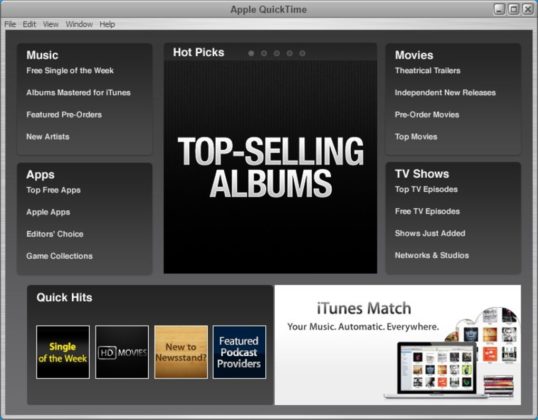
Delete (or rename) all "npqtplugin*.dll" files (npqtplugin.dll, npqtplugin2.dll, etc.) from your browser's installation directory "plugins" folder (e.g., rename npqtplugin.dll to Xnpqtplugin.dll).To reset your QuickTime browser plugins:
#Quicktime download for windows 2000 keygen#

If you enter about:plugins in the address bar, you may also see plugins listed from different versions of QuickTime or other inconsistencies. The QuickTime Plug-in requires the QuickTime System extension version 5 or later. You may receive the error, QuickTime Unavailable. Sometimes the QuickTime plugins are not detected properly, even though you have selected the right media types in the QuickTime browser settings, as described above. In Firefox 3 or SeaMonkey 2 and above, you can also disable the plugin in the Add-on Manager Plugins list if you don't want the QuickTime plugin to handle embedded content. However, the browser plugin will still be used for QuickTime content embedded in web pages based on the MIME types shown in the about:plugins list.

Īs an alternative, you can prevent downloaded files from opening in the QuickTime plugin by changing your (Helper) Application settings (see File types and download actions for details). Starting in Windows Vista, QuickTime preferences no longer include configurable MIME settings for the browser plugin only file extensions associated with the QuickTime application can be changed. The MIME types selected will be listed under the QuickTime plugin in about:plugins and both downloaded files and embedded content with those MIME types will be handled by the QuickTime plugin. In Windows XP and below you can configure the MIME types that the QuickTime plugin will handle in QuickTime Preferences.


 0 kommentar(er)
0 kommentar(er)
